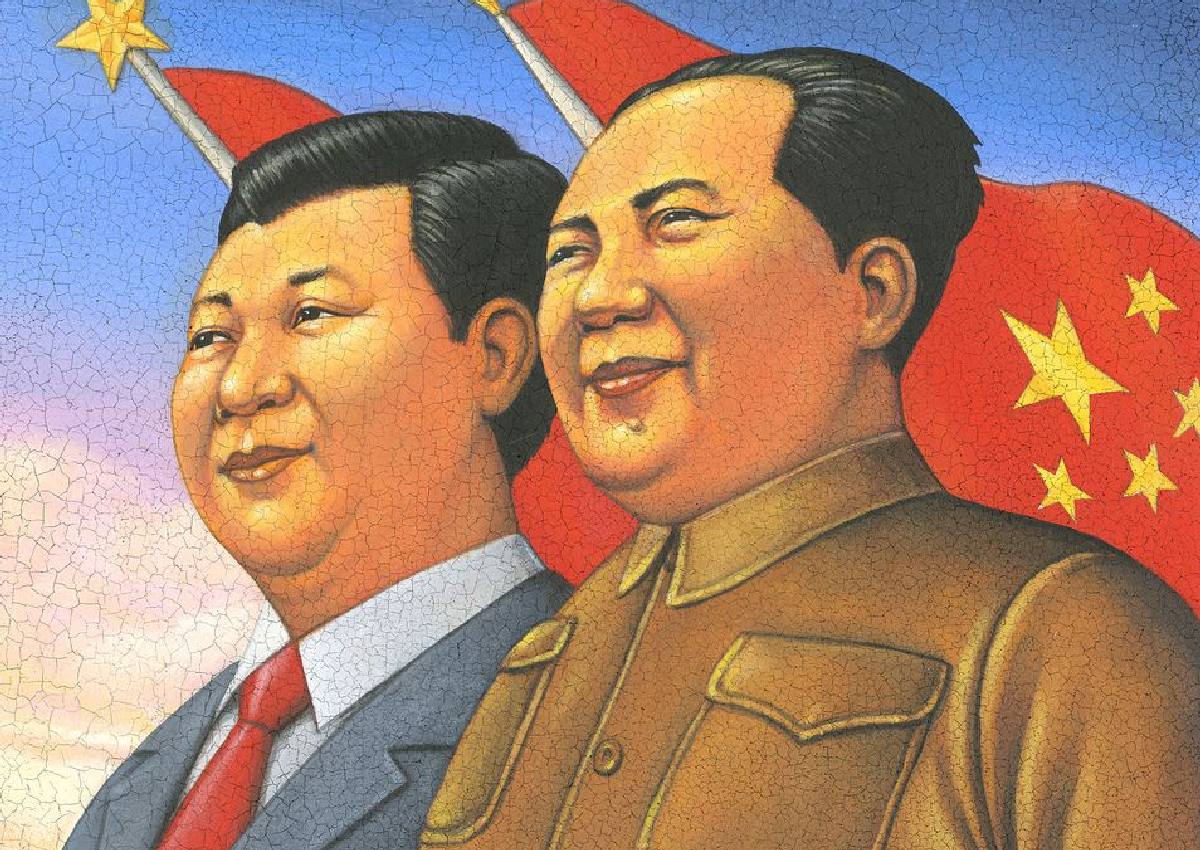The Cultural Revolution is no longer just an ugly chapter in China’s past. Its brutal legacy haunts President Xi Jinping’s ‘China dream’
Fifty years ago, on May 16, Mao Zedong unleashed an attack aimed at smashing his own Communist Party apparatus from top to bottom, having concluded that it was going capitalist.
“Bombard the headquarters!” he urged the masses in a famous People’s Daily article. Millions of young zealots responded, becoming Mao’s Red Guards, his fanatical foot-soldiers.
Thus began China’s Great Proletarian Cultural Revolution, a period of murderous insanity that ended only with Mao’s death a decade later, in 1976.
Nothing could be further from the tactics of President Xi Jinping today as he seeks to rid the party of the ills that he fears could lead to its extinction-corruption, moral decay, the loss of will to fight for a cause.
His response has been to impose rigid order from on high, to stifle criticism-party members are forbidden from engaging in “improper discussion”-and to crush organised dissent, no matter how mild. Draconian media censorship has silenced debate on the Internet.
Yet, despite these obvious differences, Mr. Xi has spent his first three years in office resurrecting Mao, borrowing his rhetoric and aping his practices.
He has concentrated power in his own hands and flirted with a personality cult-the most haunting symbol of the Cultural Revolution, in which blind worship of a supreme leader kindled years of convulsive violence.
As many as 1.5 million Chinese were beaten to death, driven to suicide or killed in fighting among Red Guard factions.
Today’s China is nowhere near the point of another Cultural Revolution, and the 50th anniversary of the start of that traumatic era will go unmarked in official circles. Chinese leaders “are frightened of the Cultural Revolution,” says the historian Frank Dikötter. “They think that’s what might happen if you give ordinary people a say.”
Read the full article here
OTHER WSJ.COM STORIES:











































































